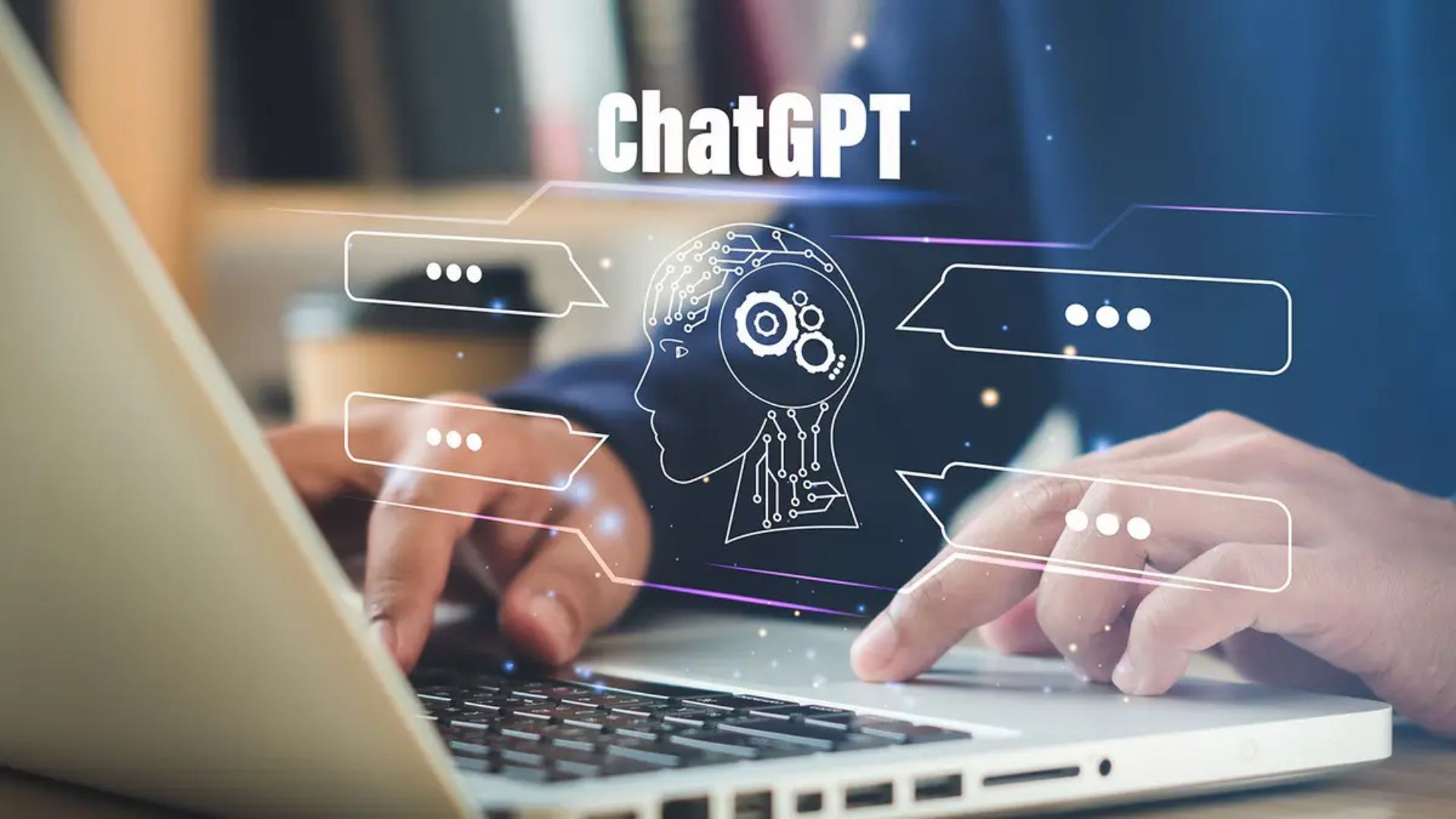
Business Insider reported on the capabilities of ChatGPT, the free version of GPT-4o, now equipped with internet access to browse job listings. Let’s outline the steps for leveraging ChatGPT as a personal recruiter:
Assigning ChatGPT a specific persona, such as a particular job role, enhances its effectiveness. Jason Gulya, an AI council chair at Berkeley College, recommends starting prompts with instructions like “act as a professor” or “act as a marketing professional” to improve responses.
Sharing your qualifications enables ChatGPT to match your experience with job requirements. Including your CV in the initial prompt, emphasizing relevant experience, and specifying that ChatGPT should only suggest qualified roles are crucial steps.
Given the potential for AI-generated errors, it’s advisable to ask ChatGPT to verify its answers and provide links for independent verification if necessary.
Beyond job hunting, ChatGPT can assist with cover letters, CV tailoring, identifying relevant contacts, and drafting messages. It can also analyze qualifications for different roles, managing job seekers’ expectations.
However, experts caution against overreliance on ChatGPT, especially during the application process. Shoshana Davis, a Gen Z career expert, warns against using ChatGPT to generate cover letters and job application responses verbatim, as this can result in submissions that appear generic and uninspired.
Michelle Reisdorf, district director at Robert Half, emphasizes that while AI tools like ChatGPT can enhance writing, they shouldn’t replace personalized, human input in job applications.
Davis suggests using ChatGPT as a tool for structuring documents, brainstorming, and drafting, but advises against copying and pasting responses verbatim. She stresses the importance of using ChatGPT as a supplementary tool rather than a replacement in the job search process.















